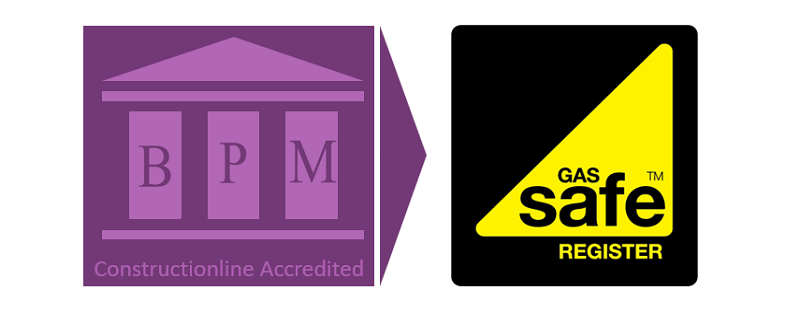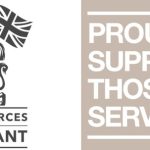Working with gas can be dangerous, and getting it wrong can have disastrous consequences. Being a fully accredited member of Gas Safe for more than a decade, at BPM we constantly strive to raise awareness among our customers and the general public about the importance of being safe around gas. As part of our service, our engineers offer advice and safety tips when visiting sites, emphasising the need for regular checks on their gas appliances and providing suggestions that would help to eliminate potential dangers.
What is the Gas Safe Register?
The Gas Safe Register is all about ensuring the safety of the public. It’s the only official gas registration body of businesses and operatives who are qualified to undertake Piped Natural Gas (PNG) and Liquefied Petroleum Gas (LPG) work in the UK.
Under the Gas Safety (Installation and Use) Regulations 1998, all gas businesses and engineers must be on the Gas Safe register, and engineers should hold current qualifications to install, repair, or maintain domestic and commercial gas appliances.
How to become a Gas Safe engineer-
To classify as Gas Safe registered, you need to demonstrate relevant qualifications and evidence of gas safety competence by proving to a recognised awarding body that you have the appropriate knowledge, understanding, and practical skills to undertake gas work safely. Once you’ve done this, you can then apply for registration once all the evidence of gas safety competence is received online by the Gas Safe Register.
It’s important to mention that a gas engineer can only be aligned to a registered business and be issued a licence to undertake gas work on behalf of a registered company if they hold a valid and current qualification.
BPM ten tips to remain safe and secure-
If you allow someone who isn’t a Gas Safe-registered engineer to inspect or work on a gas appliance in your home, they might not be qualified to do the work safely. You could even be putting lives at risk as poorly maintained, badly installed, or faulty gas appliances can cause major safety concerns of gas leaks, fire, explosions, and carbon monoxide poisoning.
So, in conjunction with the Gas Safe Register, we’re offering ten crucial tips which could save lives and can keep you safe in your home:
- Only use a Gas Safe registered engineer to fit, fix and service your appliances. Use their website to find and check an engineer’s status.
- Check both sides of your engineer’s Gas Safe Register ID card to make sure they are qualified for the work you need doing. You can find this information on the back of the card.
- Have all your gas appliances (boilers, gas fires, hobs, etc.) regularly serviced and safety checked yearly.
- If renting a property, ensure your landlord has produced a gas certificate.
- If you move home, request a gas certificate from the previous owners or the estate agent. If there isn’t a certificate, check your home gas safety.
- Never DIY on gas appliances, and never block any vents or chimneys.
- Check gas appliances for warning signs that they are not working correctly, e.g., lazy yellow flames rather than crisp blue ones, black marks or stains on or around the appliance, and too much condensation in the room.
- Know the six signs of carbon monoxide (CO) poisoning-headaches, dizziness, breathlessness, nausea, collapse, and loss of consciousness.
- Fit an audible carbon monoxide alarm and test it regularly.
- Know what to do in an emergency and who to contact.
For more information, don’t hesitate to write us at mailto:info@bpm-cs.co.uk




